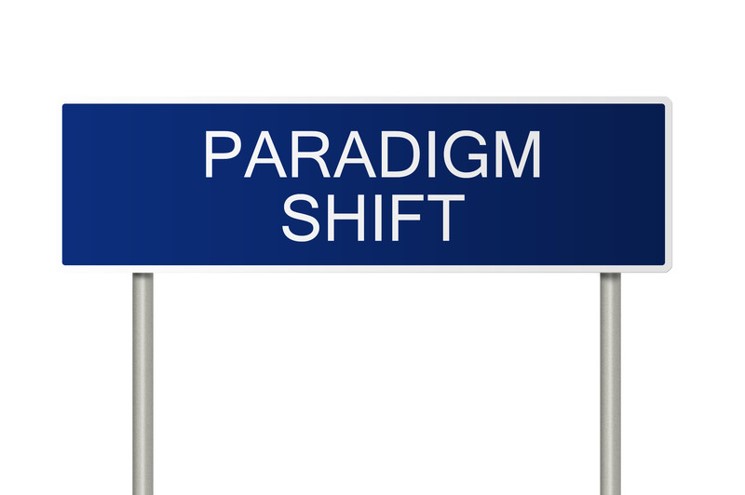A PARADIGM CHANGE FOR START-UP BUSINESSES
THIS BLOG IS A RE-POST OF A BLOG I WROTE FOR THE GROUP ELIANCES (http://www.eliances.com/) AND IS BEING REPRINTED WITH THE GRACIOUS PERMISSION OF THE GREAT PEOPLE AT ELIANCES.
Failure Leads to Success….or does it?
In order to succeed in business you must fail first. Have you heard that? How about successful people learn from their prior failures? To have never failed means to have never tried? I like the last one because it has a Confucius type feel to it. We hear over and over that failure in business is not a bad thing if it is used as a learning tool to improve upon your methodology for the next try. I have talked with many entrepreneurs who have failed and are starting over, many have failed several times. So it must be true, right?
I used to think the answer was “yes”. I believe whole heartedly that what makes me a great mentor for small businesses is that I have “been there, done that before.” I made mistakes, figured out how to survive and was able to sell my business. The experiences are what make me valuable to my clients now.
However, I always have felt the best about the fact that everyone I employed, to this date, is still employed at the company that bought me out. I created jobs that were sustainable. Each time a business fails, and by failure I mean goes bankrupt, those most impacted are the employees. I am not talking about the immediate impact on the employees, or the owners, that is obvious. Rather I have come to realize a different type of impact that has major negative impacts on our economy as a whole.
Under the paradigm of “failure required to succeed” that we have established, we wind up with a high level of failure. In fact, as we know 80% of businesses fail within the first 5 years. Furthermore, 50% of all of us work for small businesses. Those two statistics have been pretty stable for decades. Finally, 75% of people intend to switch jobs in the next year due to being unhappy. What does all this mean?
Dooming employees to incomes of mediocrity
At most start-up companies the owners make little income if any. They pay their employees as fair a wage as possible. As a result in the first several years increases in employee income are kept to the bare minimum. Furthermore, the owner is so focused on figuring out how to get to the point of satisfactory self-income that things like culture and employee happiness are not typically being addressed.
Once a company starts to gain profitability, the income that grows fastest is that of the owner since they go from zero to what they believe is a fair wage for their years of toil. Until they reach the point where they are comfortable with their level of income, employee income increases continue to rise at the bare minimum. But if 80% of these businesses are failing before the owners get comfortable, those employees never are afforded a situation where their incomes can grow as quickly as those at the top. They simply move on to the next start-up and the same old situation.
The owners? They don’t care because the next idea will be their success. In many cases, they have spouses with incomes sufficient to support their adventures to real prosperity.
A recent study bears out the scenario I described above. When looked at on a company by company basis over the past several decades’ incomes of those in the 90th percentile of incomes within each company saw their incomes increase at almost the exact same rate as those within each company who were in the 25th percentile of incomes. In fact, since the Great Recession those in the 25th percentile have actually seen their incomes rise slightly faster relative to those in the 90th percentile within the same companies.
So what this all means to me is that the answer to my question is an emphatic NO! Failure should not be acceptable. The paradigm needs to be changed to one of careful planning and analysis of every aspect of your business to reduce the risk of failure and increase the probability of long term success. The best time to do this is before you start your business. Only by starting new businesses that can succeed for the long run will we be able to break the paradigm of failure and, more importantly, break the built in fate of income inequality.
The new paradigm for entrepreneurs? Drive, Passion and Planning!

